You may have recently seen a dog show aggression by growling or even trying to bite. And, what lead you here might be the frustrating fact that it was your dog displaying these nasty behaviors. Let's say you own a corgi pitbull mix, a blend of two stereotyped aggressive dogs. You might immediately conclude that it must be because of the breed. But the truth is, it has little to do with the breed of the dog because any dog can become aggressive. It brings us back to the question, "What's causing their aggression?"
But, don’t fret. When dealing with dog aggression, one of the best things you can do is quickly identify the cause of aggression. Knowing the source of aggression will help you find the best options for correcting their behavior. So now, let’s take a look at some common causes of aggression in dogs.
EIGHT TRIGGERS THAT WILL MAKE YOUR DOG AGGRESSIVE
8 – Illness
Health problems can make dogs aggressive. If your playful pet suddenly becomes short-tempered and lashes out, it might be indicative of a serious health issue.
7 – Frustration
Often seen as redirected aggression, this is when a dog can't access something it wants, leading to frustration that's typically taken out on another pet or even a human.
6 – Protective
We aren’t talking about the desirable protective behaviors we all hope our dogs display for our families and homes. Instead, the very dangerous behaviors that result when dogs become hyper-vigilant over their perceived territory.
Not all protective behaviors are positive. Some dogs can become overly vigilant about their perceived territory, leading to dangerous behaviors.
5 – Leash Aggression
Is your dog generally friendly but becomes belligerent once you put on their leash? This leash aggression is often directed at other dogs, stemming from feeling too restrained.
4 – Social Aggression
When multiple dogs coexist, they will work to establish a hierarchy for the pack. This rank and file system allows the pack to establish an order to things like who gets the coziest napping spot or is the first to eat. However, in times where a lower pack member disturbs the order, the Alpha dog might correct them with a display of aggression in the form of a growl or snap.
When multiple dogs live together, they establish a hierarchy. However, if a lower-ranking member disrupts the order, the Alpha might correct them through aggression.
3 – Anxiety
Changes in a dog’s environment might lead to anxiety, prompting them to exhibit aggressive behaviors. This anxiety could be triggered by a new family member's arrival or moving homes.
2 – Resource Guarding
Dogs exhibiting resource guarding are aggressively possessive of the things they most cherish – like their favorite toy, treat, or even human. Dogs that are resource aggressive may lunge and at times snap at other dogs for getting too close to their bed, favorite chew toy, or dog mom/dad. If your dog shows these signs, please consult your vet as left unchecked, resource aggression can escalate to severe physical attacks.
1 – Fear
The most common reason dogs act aggressively is fear, often resulting from poor socialization, past negative experiences, or abuse. A dog will typically display aggressive fear-based behavior only if they feel threatened and need to defend themselves.
Why is it Important to Know Things That Will Make Your Dog Aggressive
Understanding why your dog is so aggressive is key to effectively managing and altering these behaviors. Remember, positive reinforcement and patience can help reduce aggressive behaviors, but seeking professional help from a trainer or behaviorist is often the best approach. Also, when dealing with an aggressive dog, maintaining a calm and assertive demeanor can significantly help in handling their unpredictable behavior.
I hope you've found this deep dive into the top triggers that will make your dog aggressive both helpful and informative. Remember, having an aggressive dog is challenging, and working with them to resolve their issues can be a difficult task. But there's hope for aggressive dogs. Don't easily discard them because the task seems daunting.
Lastly, providing your dog with plenty of exercise and a balanced diet can also contribute to their overall mood and demeanor. Exercise can help burn off excess energy that might otherwise be directed into aggressive behavior, while a proper diet ensures your dog is receiving the right nutrients for optimal brain function and hormone regulation.
In conclusion, knowing why my dog being aggressive can give you a better understanding of their behavior and a clearer path to a happier, safer life for both of you.

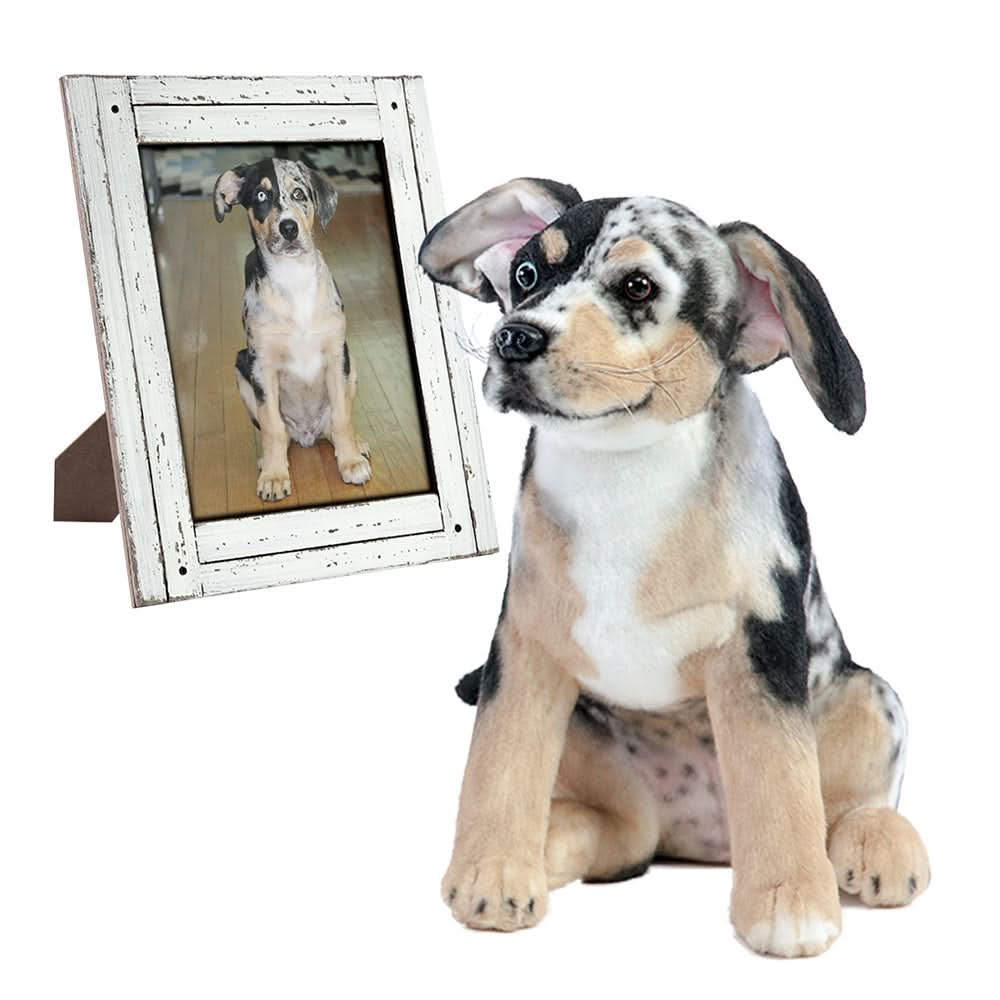
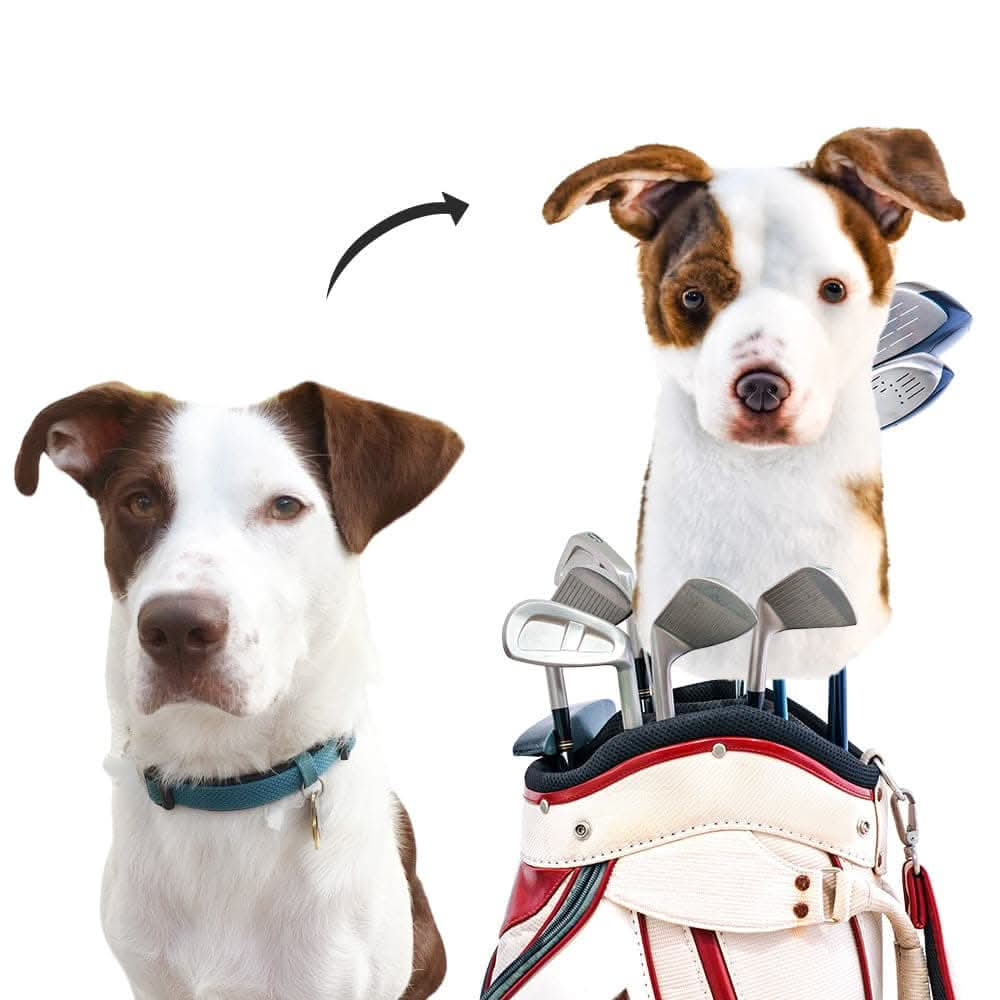
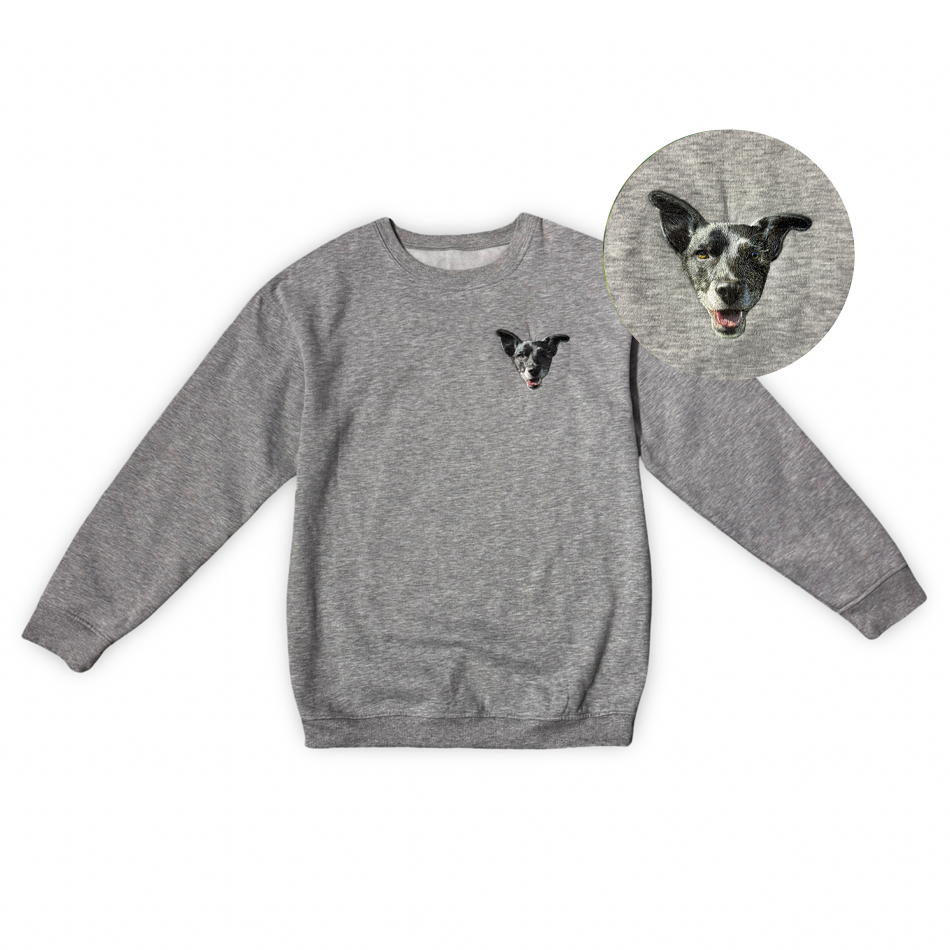
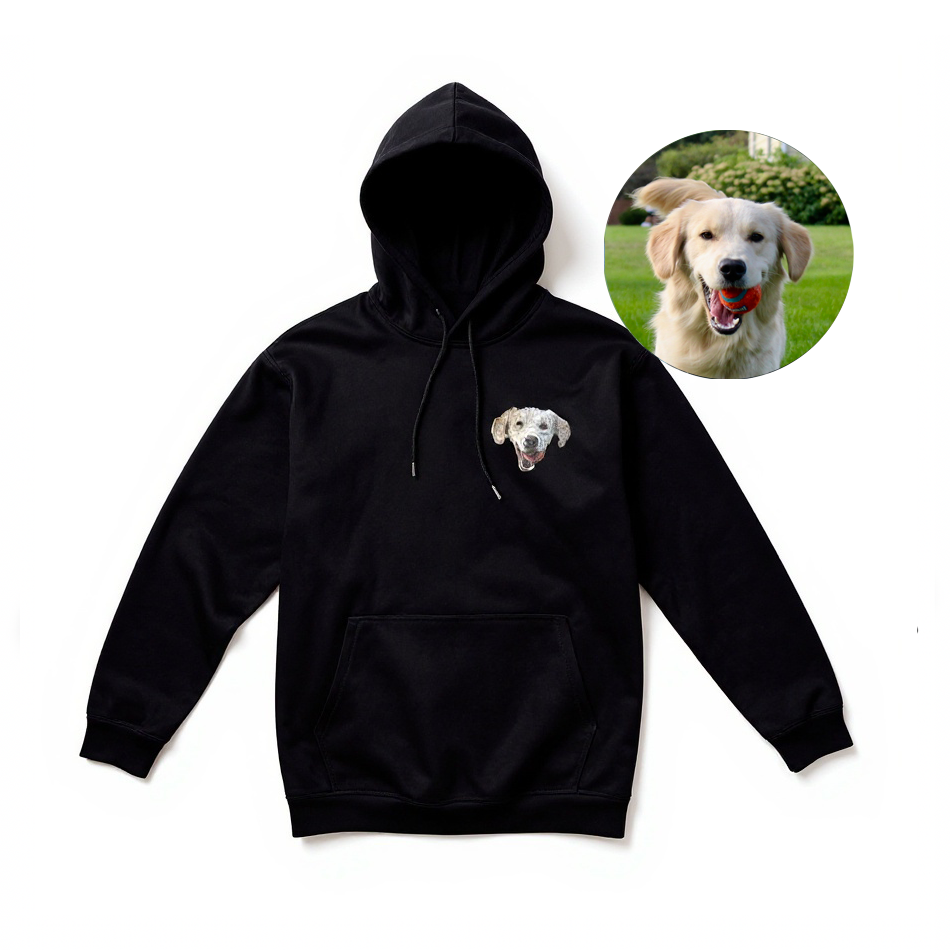
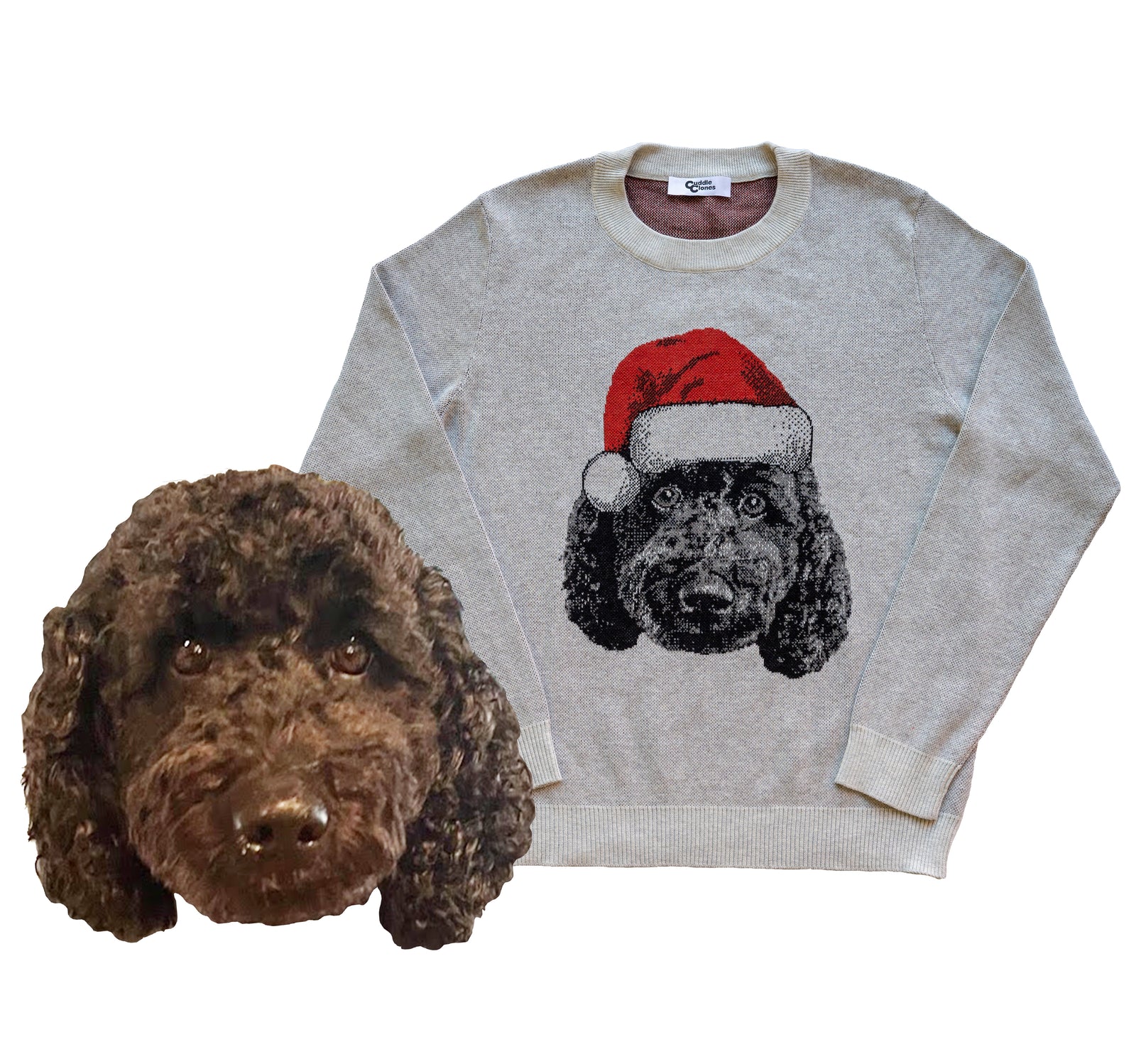
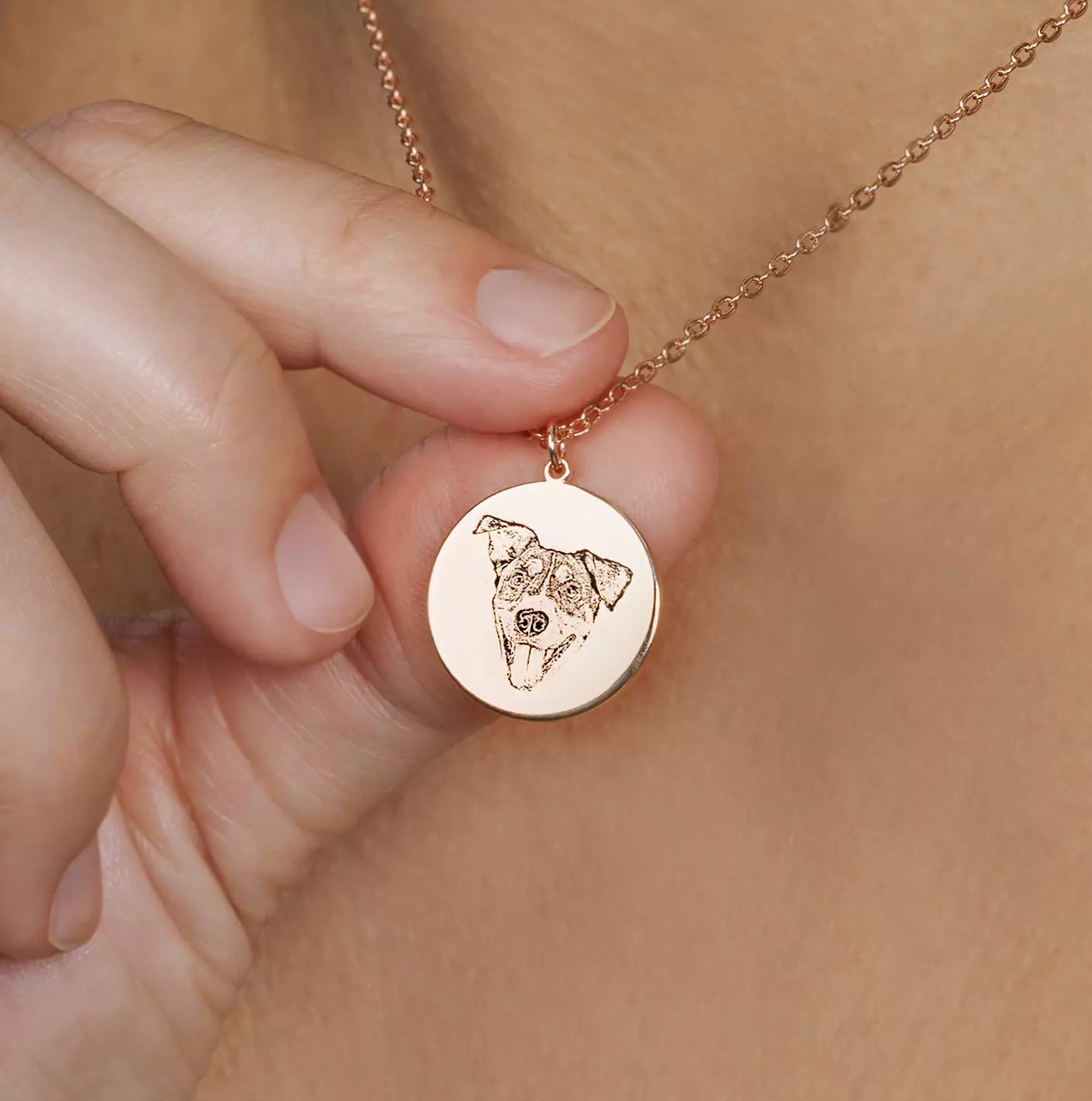

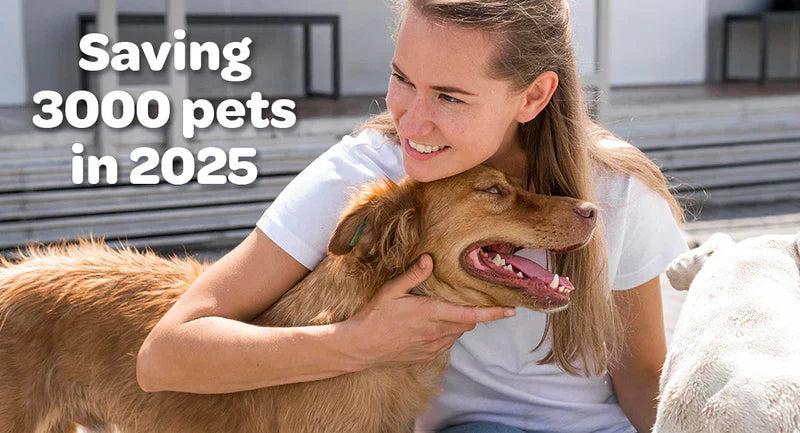
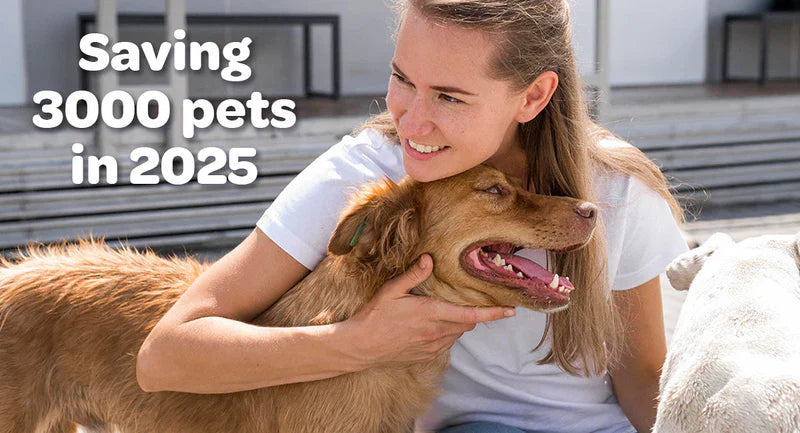
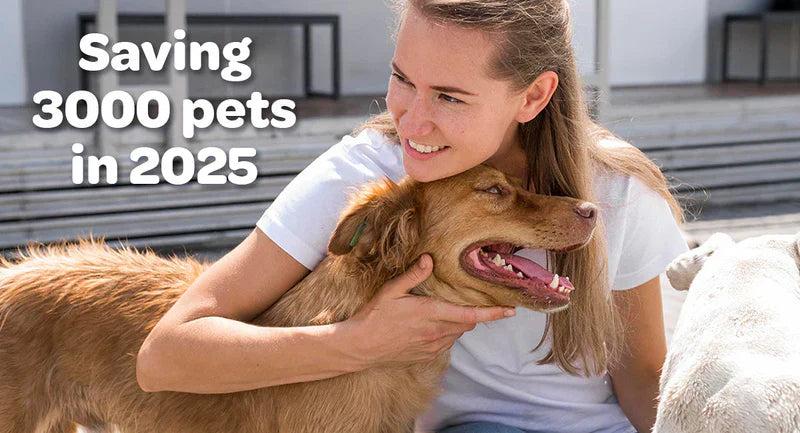
Leave a comment (all fields required)